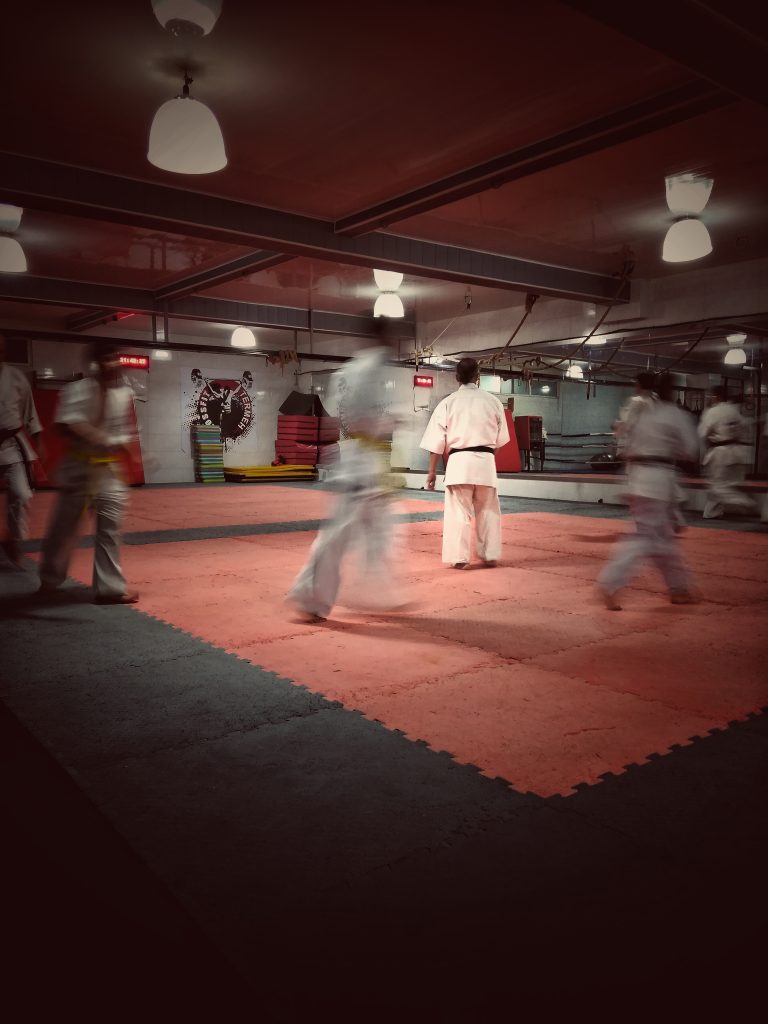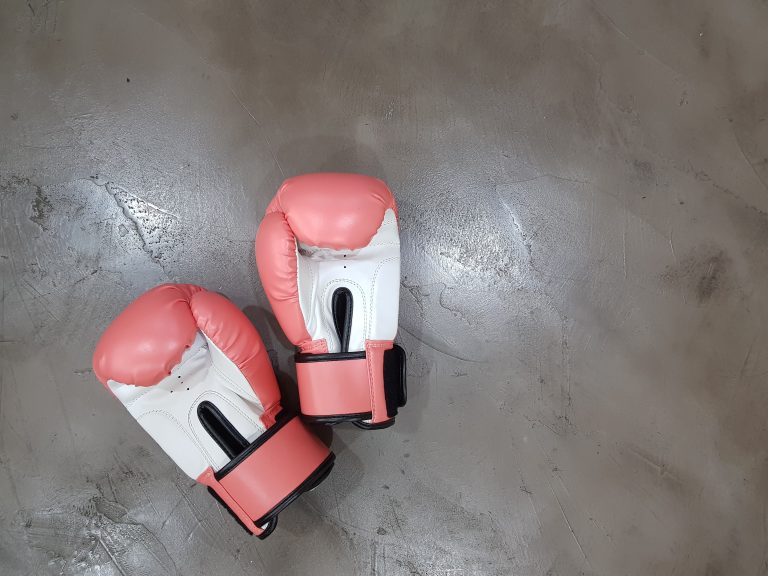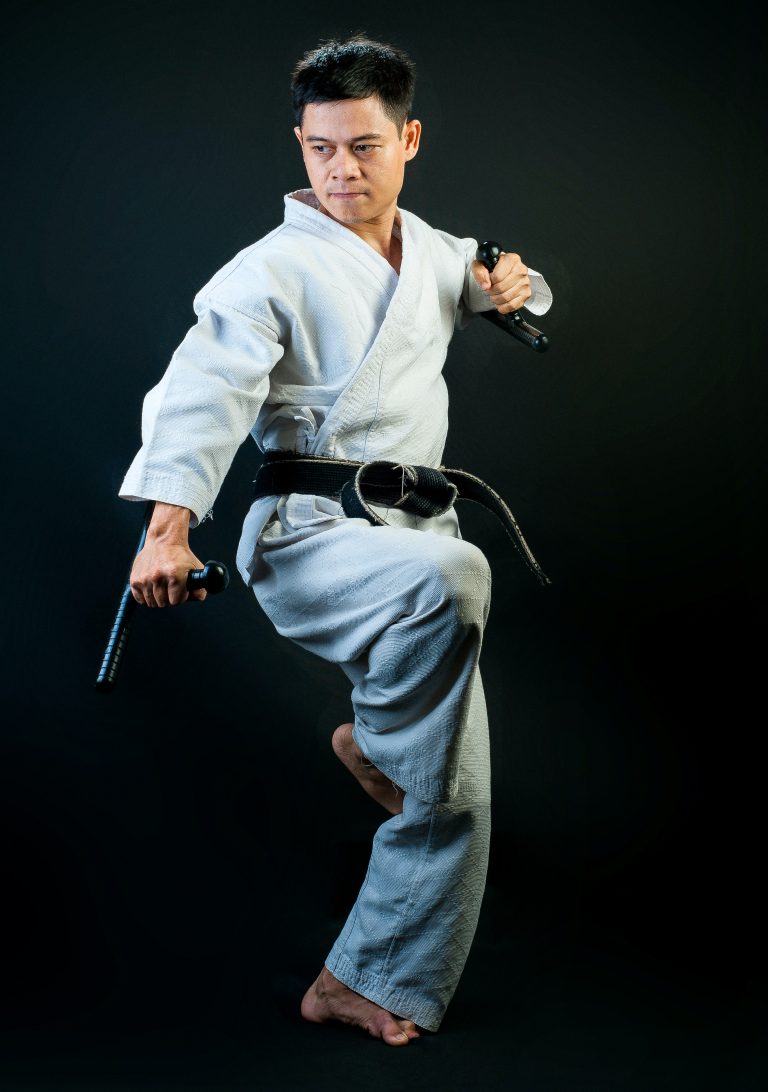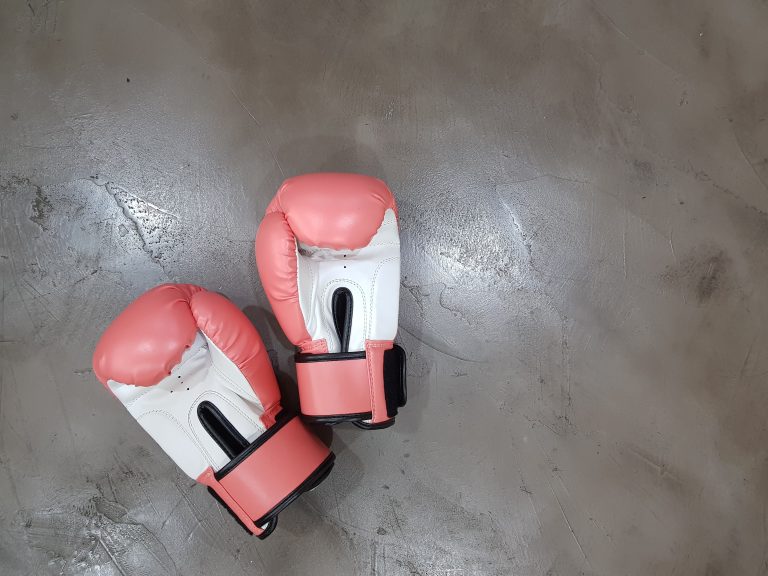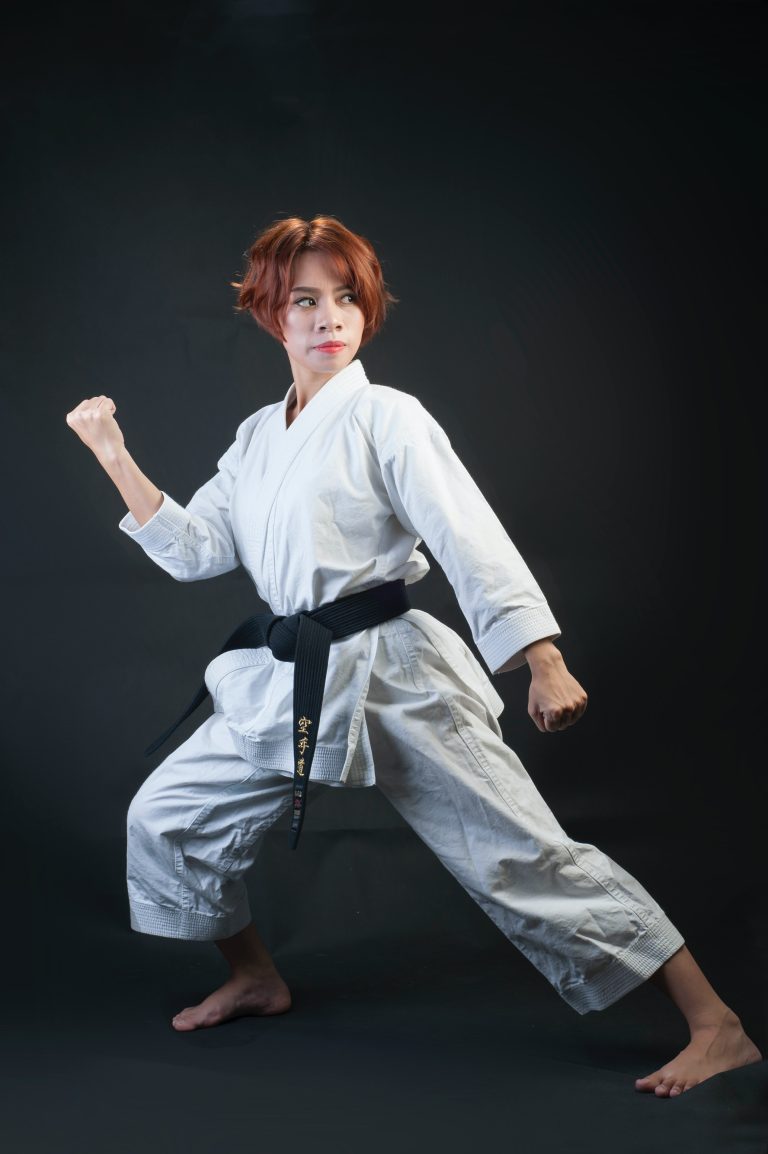Can you consider karate as a sport?
Karate is a popular form of martial arts that is practiced by millions of people worldwide. It involves a series of techniques and movements that are designed to improve physical fitness, strength, and coordination. But despite its many benefits, there is still some debate around whether or not karate can be considered a sport. In this blog post, we’ll explore this topic in more detail.
What is a sport?
Before we can answer the question of whether or not karate is a sport, we need to define what a sport is. According to the Oxford English Dictionary, a sport is “an activity involving physical exertion and skill in which an individual or team competes against another or others for entertainment.”
Based on this definition, karate certainly appears to qualify as a sport. It involves physical exertion, skill, and competition against others. However, there are some who argue that karate does not meet all of the criteria that are necessary to be considered a sport.
The argument against karate as a sport
Those who argue against karate being considered a sport often point out that there are subjective elements to the practice that make it difficult to judge or quantify. For example, in competitive karate, judges award points based on technique, form, and execution. However, it can be difficult to determine which technique is better or which form is more precise. This subjectivity can make it difficult to determine a clear winner and can lead to disagreements and controversy.
Additionally, some argue that karate is more of an art form than a sport. It is often taught as a way to promote self-improvement and self-defense, rather than as a competitive activity. While competitions do exist, they are not the primary focus of karate practice for many people.
The argument for karate as a sport
Despite these arguments, there are many who believe that karate does meet the criteria necessary to be considered a sport. Most importantly, it involves physical exertion, skill, and competition, which are key elements of any sport. Additionally, karate competitions are often structured and regulated, with clear rules and guidelines for judging.
Furthermore, there are many benefits to considering karate as a sport. It can help to increase the visibility and popularity of the practice, which can lead to more resources being devoted to it. This can help to improve training techniques and equipment, as well as increase sponsorship opportunities for athletes.
Conclusion
In the end, whether or not you consider karate to be a sport is largely a matter of opinion. While there are valid arguments on both sides, the fact remains that karate involves physical exertion, skill, and competition, which are key elements of any sport. Ultimately, whether you practice karate as a sport or as an art form, the most important thing is that you enjoy it and find it beneficial to your physical and mental well-being.
Can You Consider Karate as a Sport? Answering the Most Frequently Asked Questions
Karate, a Japanese martial arts form, has been around for centuries, and it has gained immense popularity all over the world. Although some people consider Karate as simply a means of self-defense, it is essential to know that Karate has a competitive side to it, where people participate in tournaments and championships to showcase their skills. With that, it is natural that people ask whether karate can be considered a sport or not. In this blog post, we will answer the most frequently asked questions about karate as a sport.
1. What Is the Definition of Sports?
To understand whether Karate can be considered a sport, we need to understand the meaning of the term ’sport.‘ The dictionary defines sport as an activity that involves physical exertion, skill, or strength, and is competitive in nature. It is governed by a set of rules and regulations and usually, a winner or a winning team is declared at the end.
2. Is Karate Competitive Enough to Be Considered a Sport?
Karate is a highly competitive martial arts form that requires participants to develop physical strength, discipline, and technique. Karate competitions are typically divided into weight classes, age groups, and belt levels, allowing participants to compete against others of similar abilities. Along with that, Karate has a set of defined rules and regulations that competitors need to follow, making it a competitive activity. Therefore, based on the definition of sports, we can conclude that Karate is indeed a sport.
3. What Are the Different Karate Tournaments?
Karate offers a variety of tournaments, and each tournament has its own set of rules and regulations. Some of the most popular Karate tournaments are:
- Kata competitions: In Kata competitions, athletes perform a sequence of movements to demonstrate their technical abilities without a physical opponent.
- Kumite competitions: Kumite is a sparring competition in which competitors try to earn points by landing punches, kicks, or strikes on their opponent.
- Belt level: Competitions are held for different belt levels so that competitors can compete against others of the same skill level.
4. Can Karate Be Considered More Than Just a Sport?
Karate is more than just a sport; it is a way of life for some people. Karate teaches individuals about discipline, perseverance, and respect. It is not only about winning and losing but also about putting yourself out there and pushing beyond your limits.
5. Is Karate Safe Enough to Be Considered a Sport?
Karate is a contact sport, and as with any contact sport, there is always a risk of injury. However, with the right training and protective gear, the risk of injury can be greatly reduced. Karate training focuses on teaching individuals how to fall safely, properly execute techniques, and how to avoid getting injured.
6. Is Karate Recognized by the Olympics?
Karate was introduced as a demonstration sport in the 1964 Olympics and again in the 1988 Olympics. However, it was not until the 2020 Olympics in Tokyo that Karate was included as a medal event. Karate will be included in the Olympics season only for 2020 Olympics.
7. What Are the Benefits of Practicing Karate?
Karate offers various benefits to individuals, such as:
- Improved physical fitness
- Increased self-confidence
- Better concentration and focus
- Increased mental and emotional strength
- Learn self-defence techniques
8. How Does Karate Help in Self-Defense?
Karate emphasizes the use of the entire body as a weapon. Students learn to defend themselves using punches, kicks, strikes, and throws. They also learn how to block attacks and counterattack effectively. Moreover, Karate teaches students how to stay calm in dangerous situations and how to respond to them quickly and intelligently.
9. What Equipment Do You Need for Karate?
To practice Karate, you need to have:
- Karate gi (Karate uniform)
- Belt
- Mouthguard
- Hand and foot pads
- Protective cups (for males)
10. What Age Is Suitable to Start Practicing Karate?
Karate can be practiced by individuals of any age. However, most Karate training centers usually start training students from the age of 4 to 5 years old. As karate requires proper body coordination, balance and strength, it’s important to make sure a child has the appropriate skills and level of maturity before enrolling them in Karate classes.
In Conclusion
Karate has come a long way from being a form of self-defense to becoming a highly competitive sport. Karate tournaments all over the world have produced champions who have gone on to inspire future generations. Furthermore, Karate offers numerous benefits to individuals who practice it, such as improved physical fitness, self-confidence, and better concentration. Karate is a sport that has stood the test of time and will continue to be recognized as such for many years to come.
Inhaltsverzeichnis

